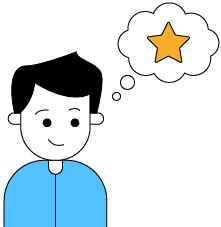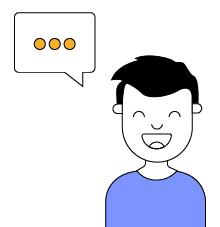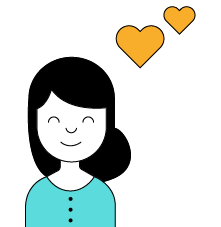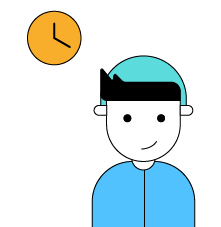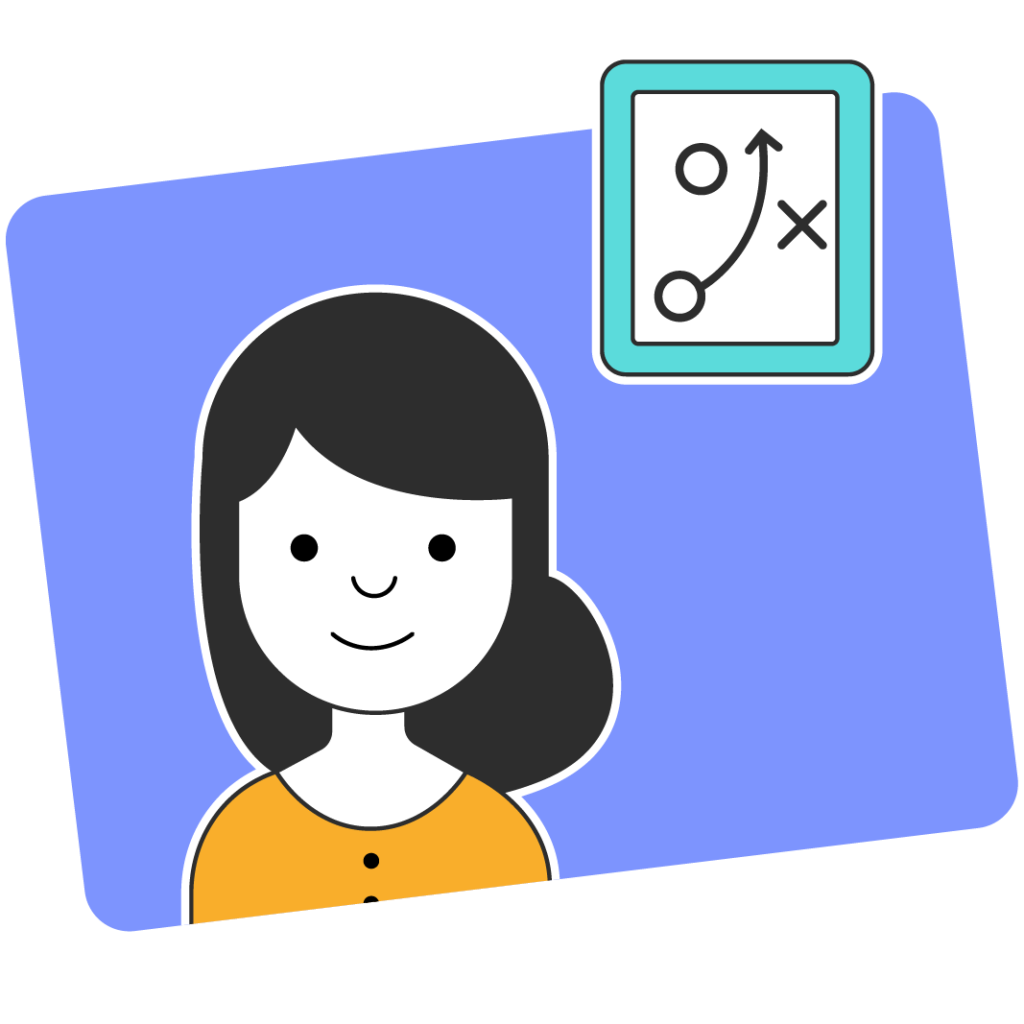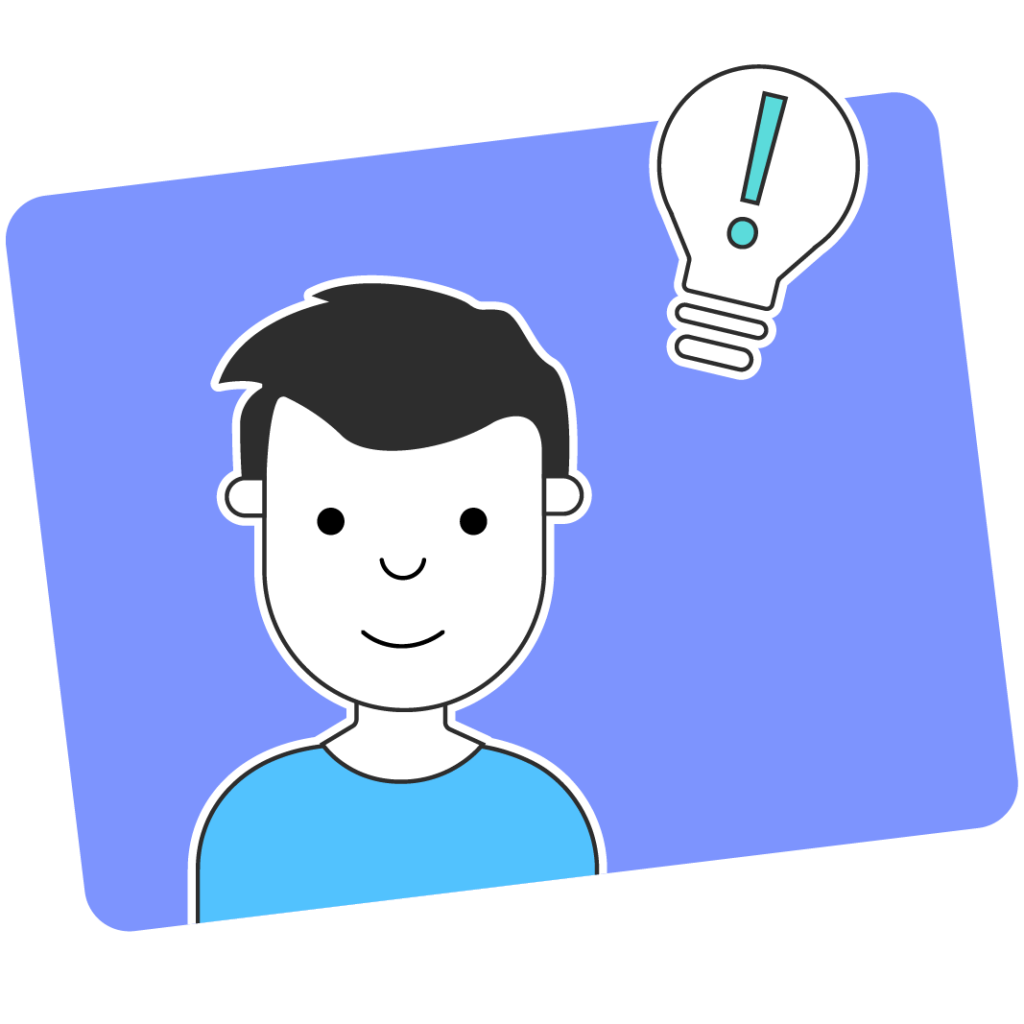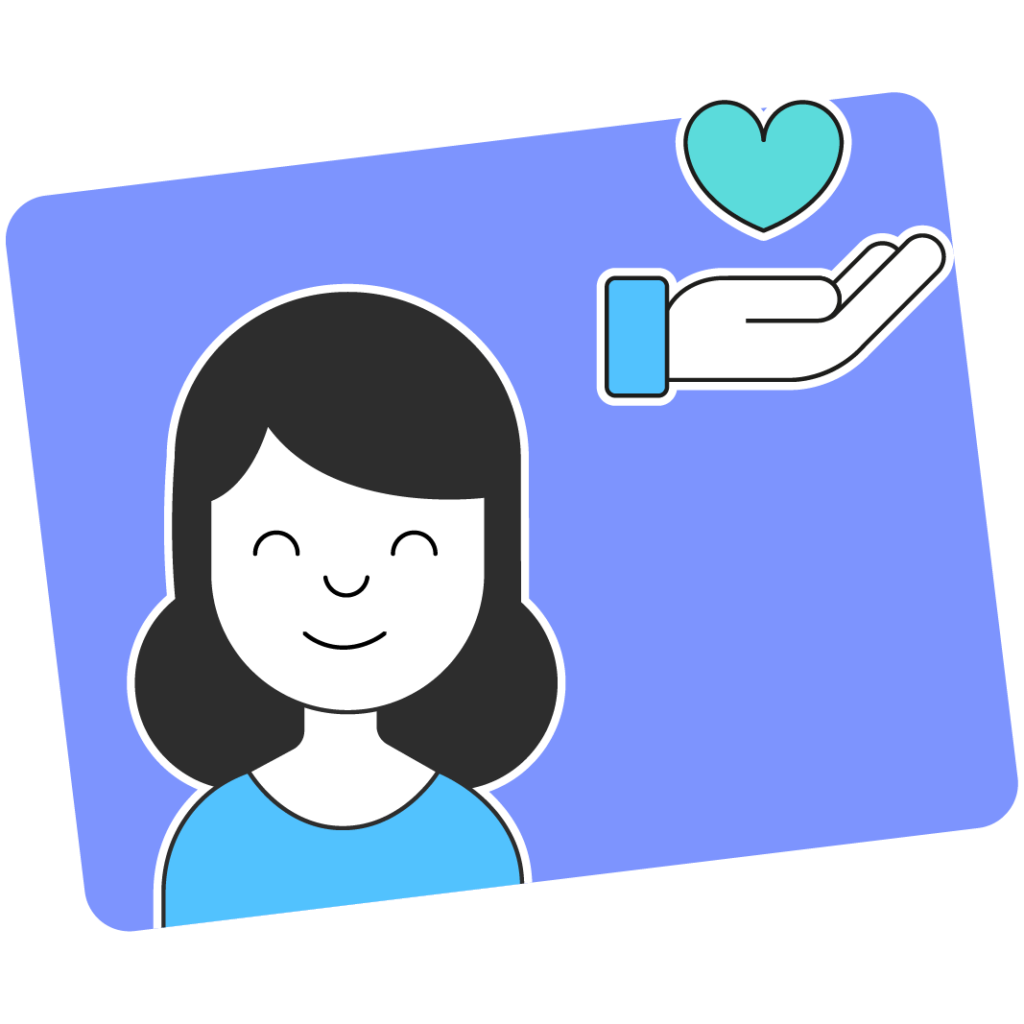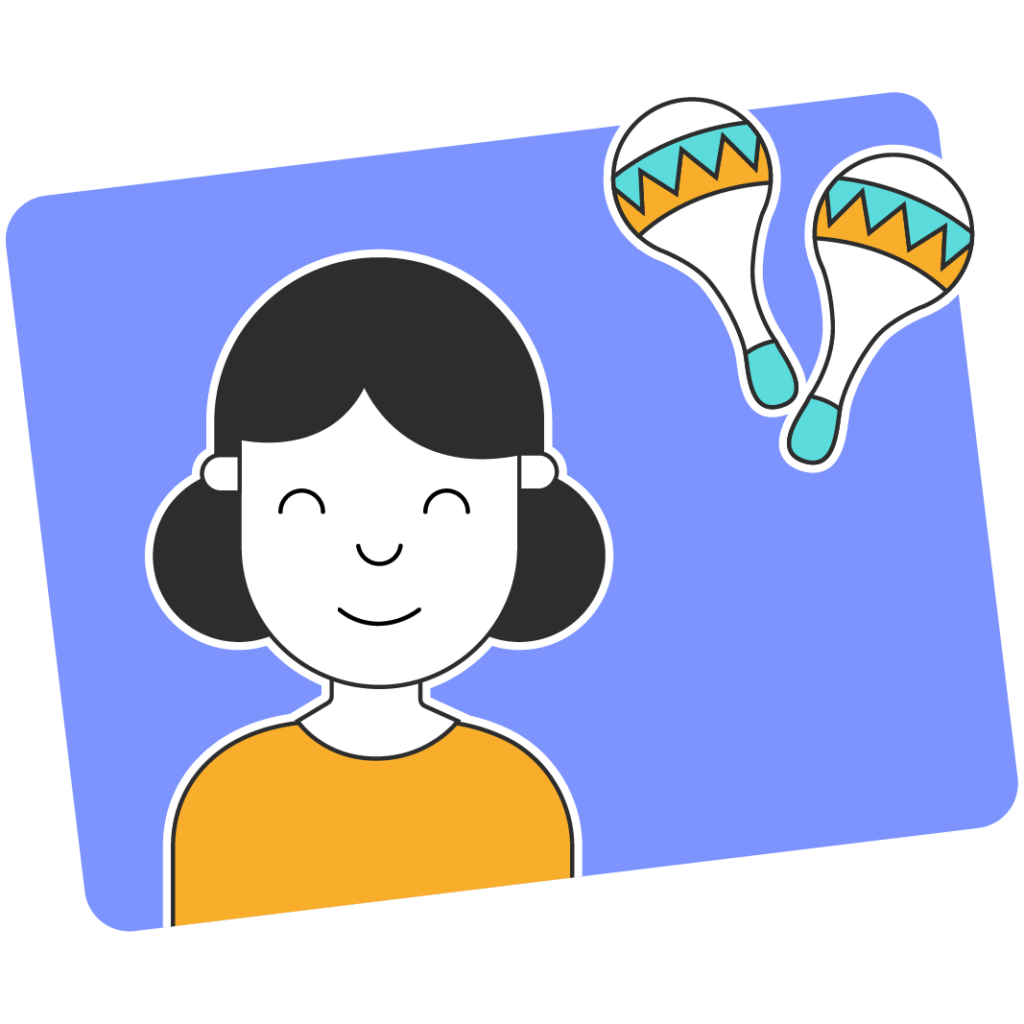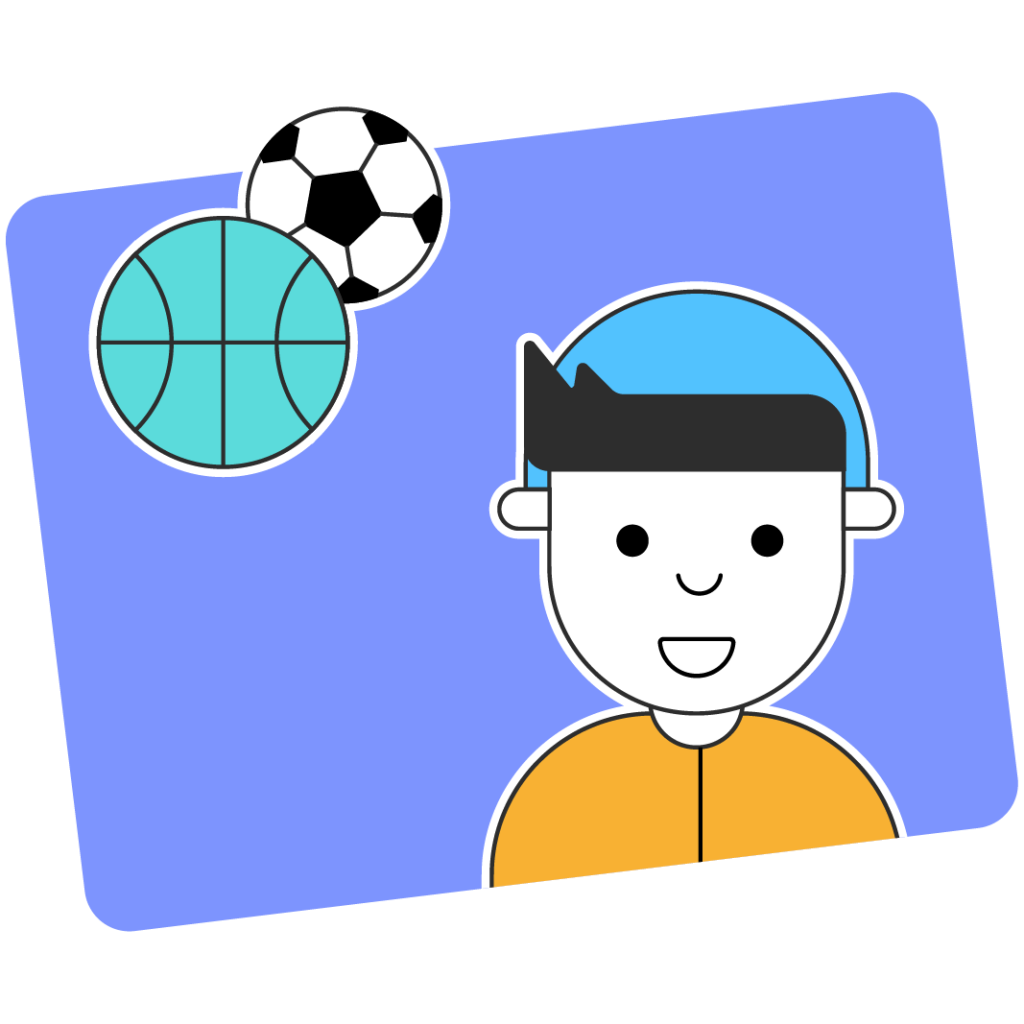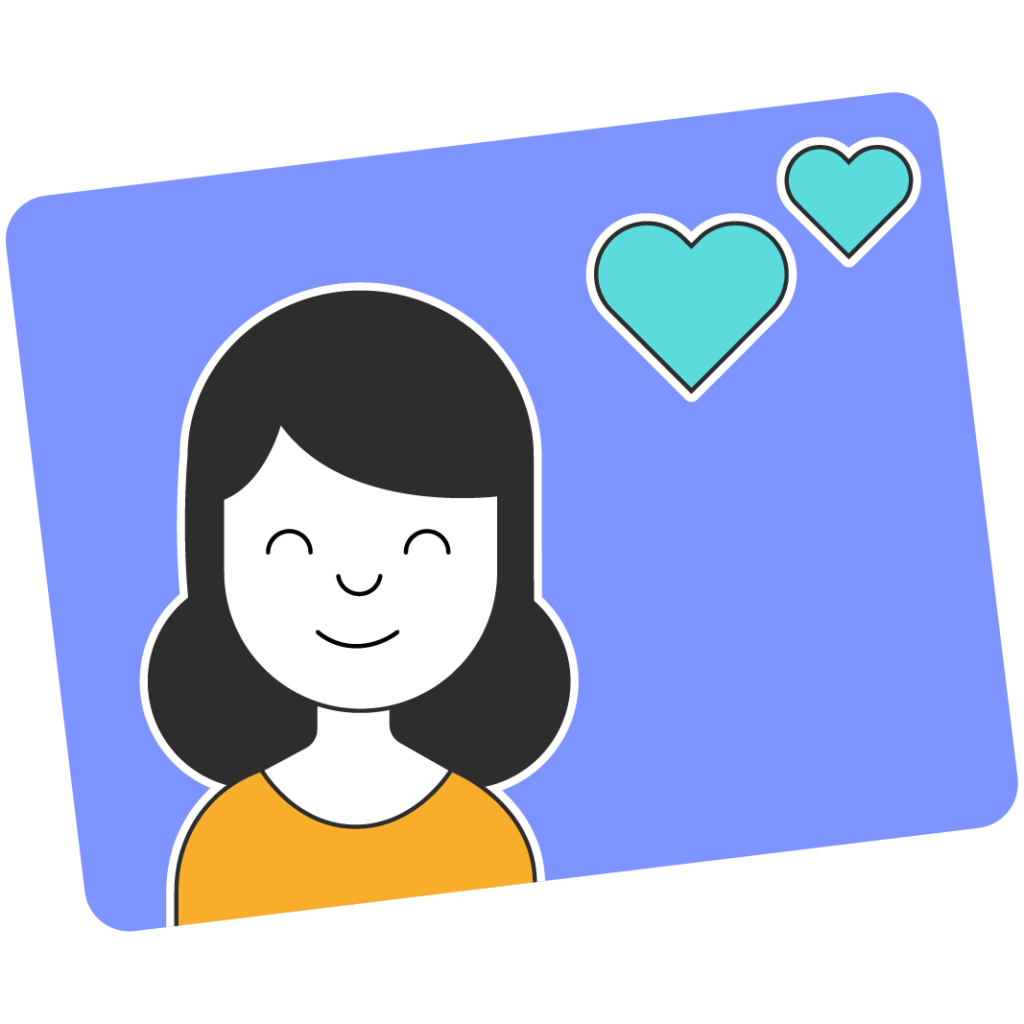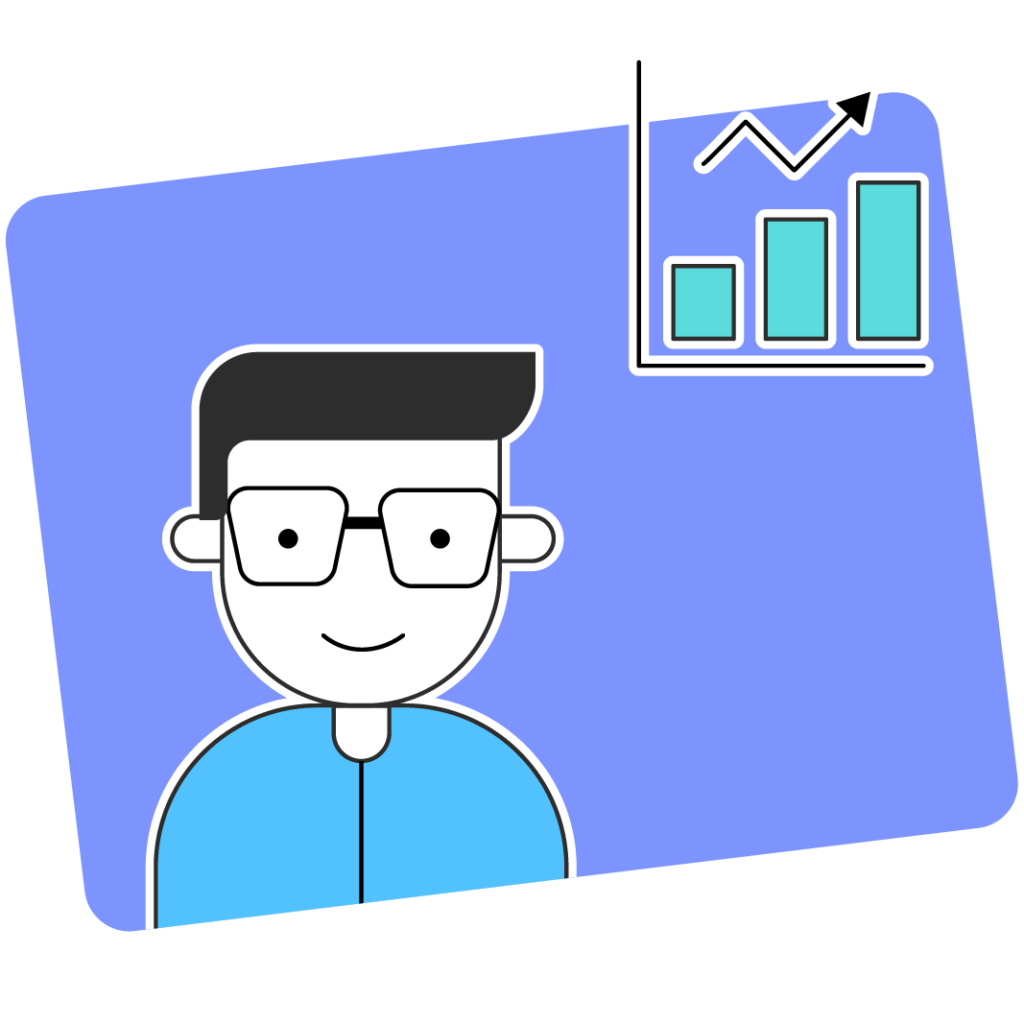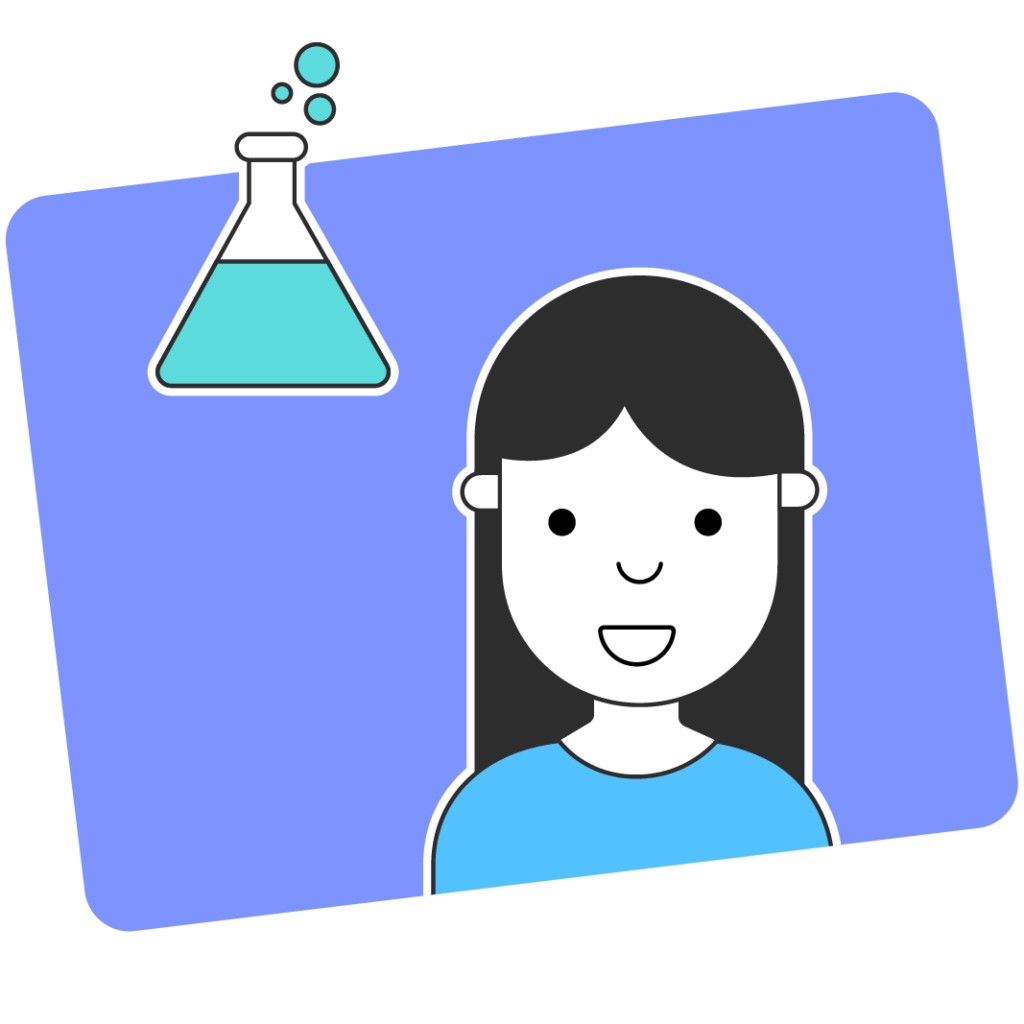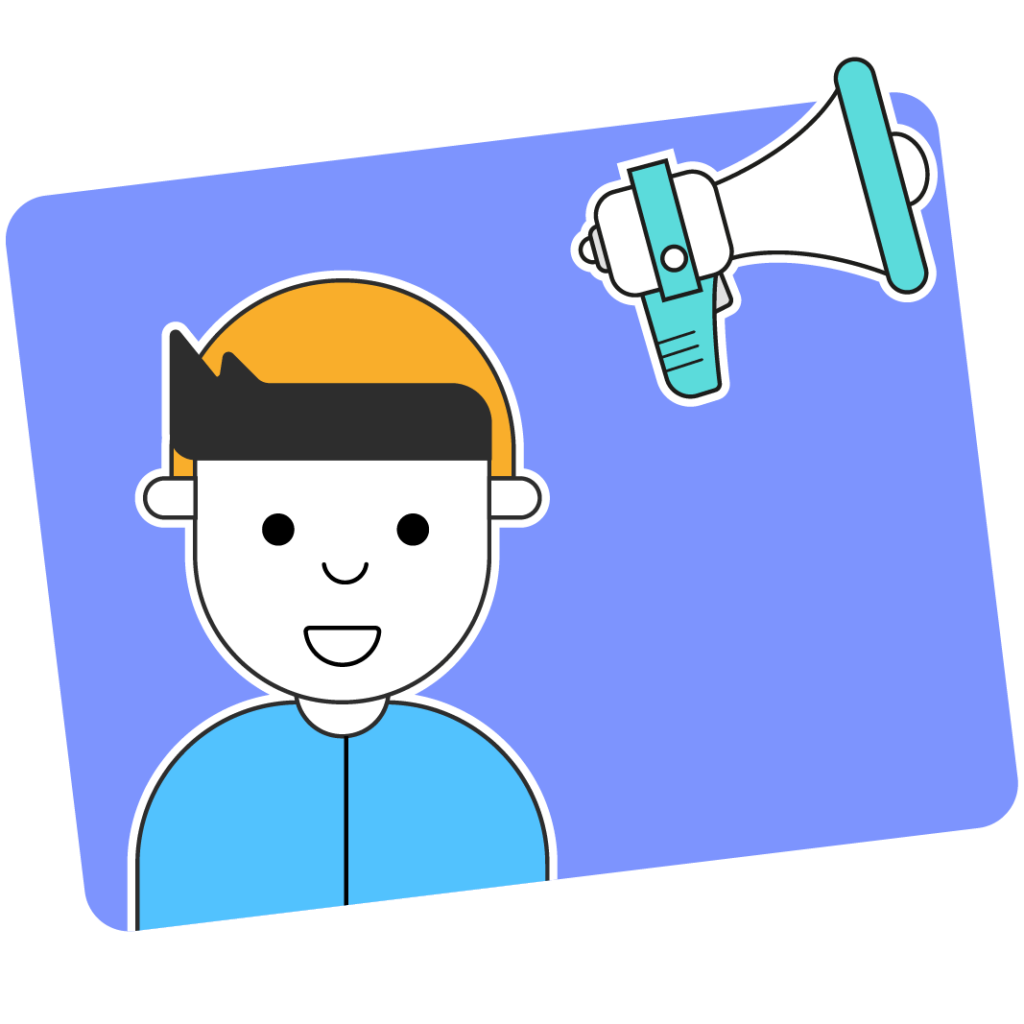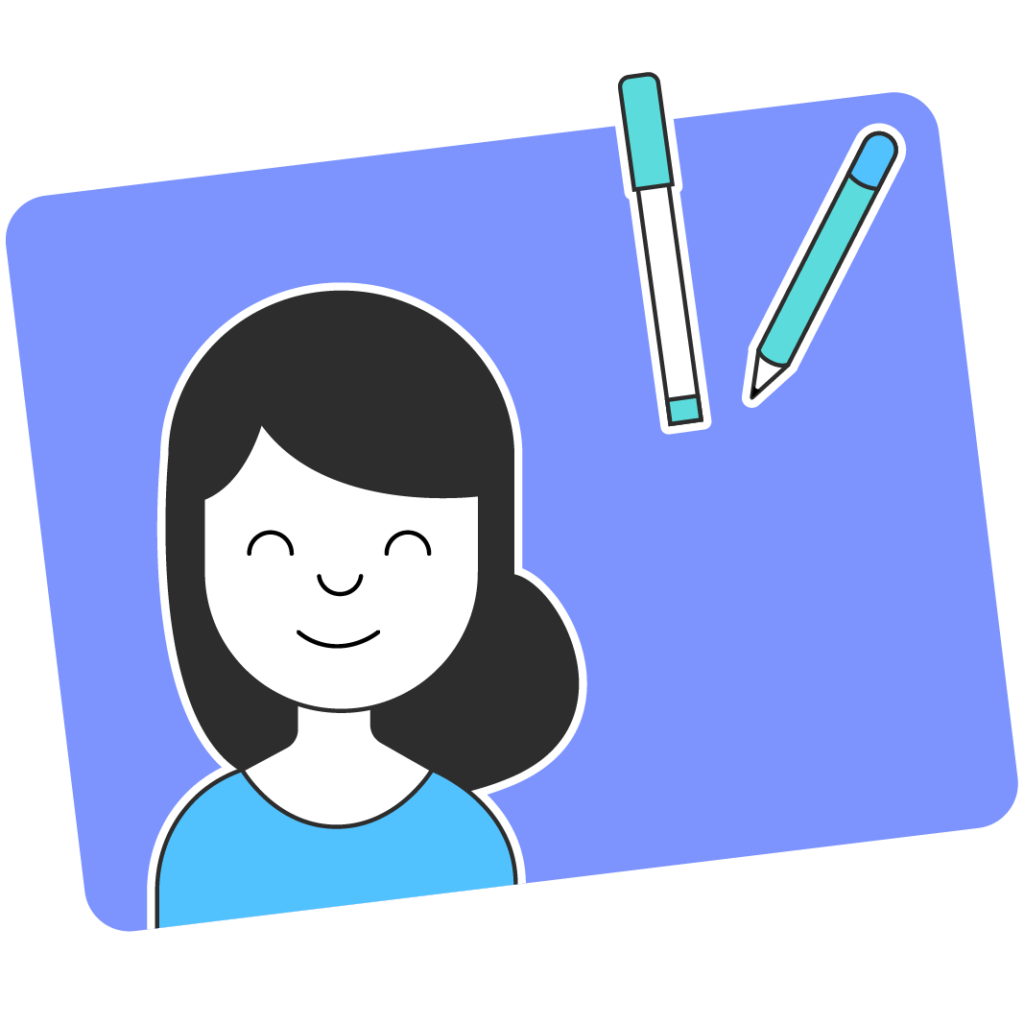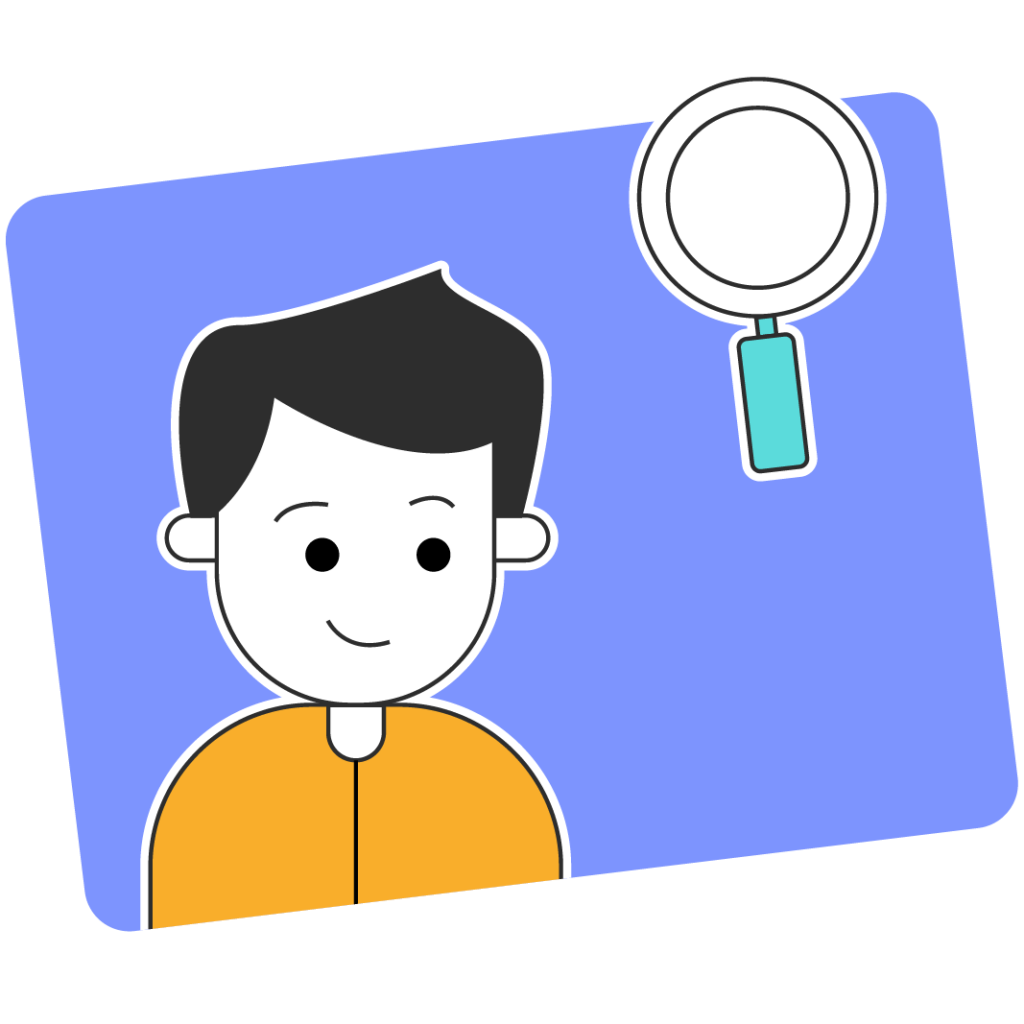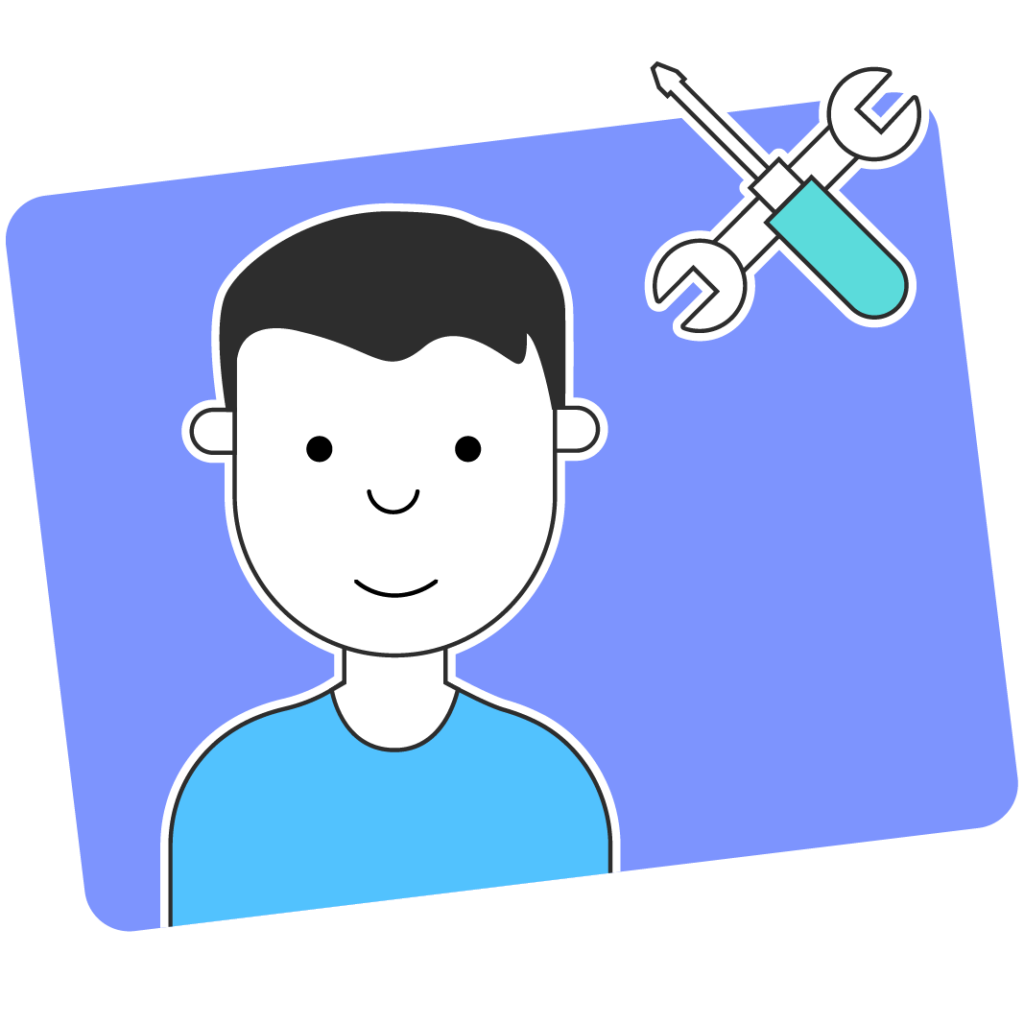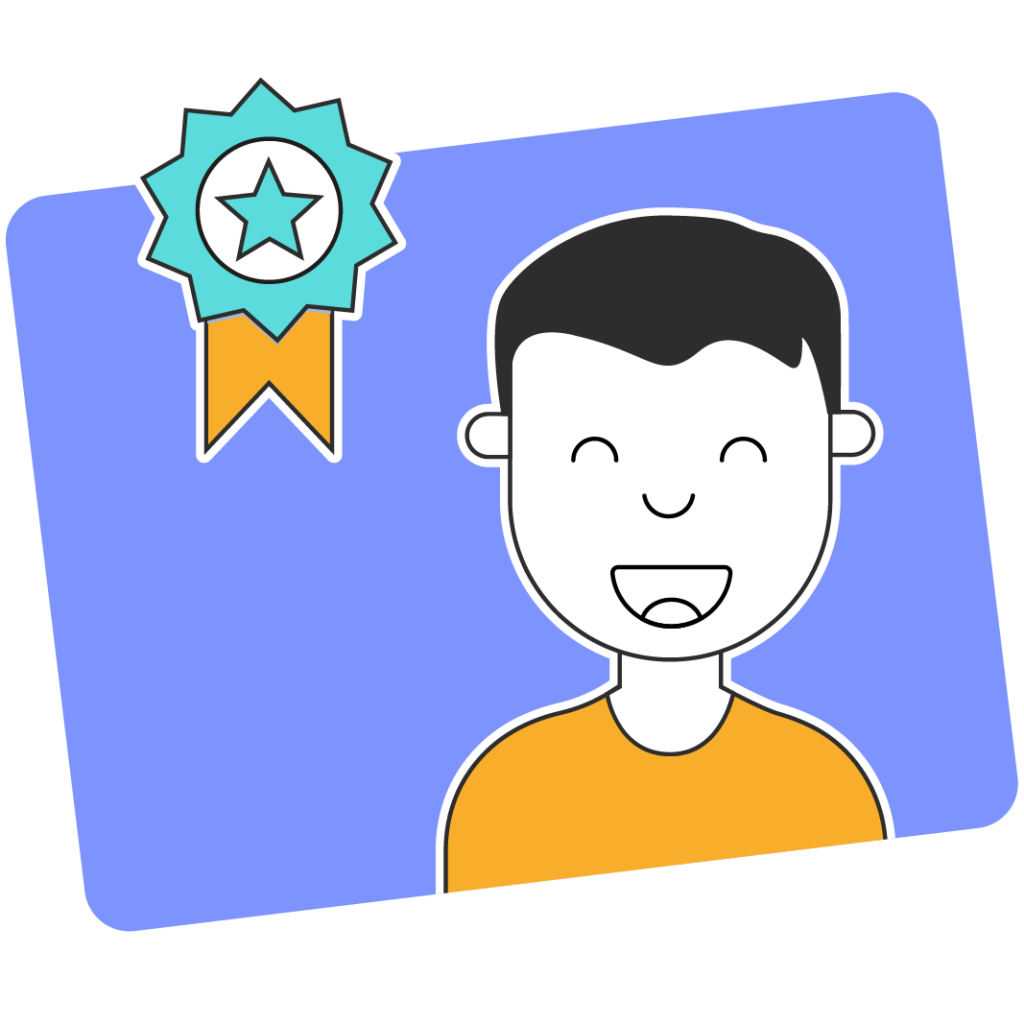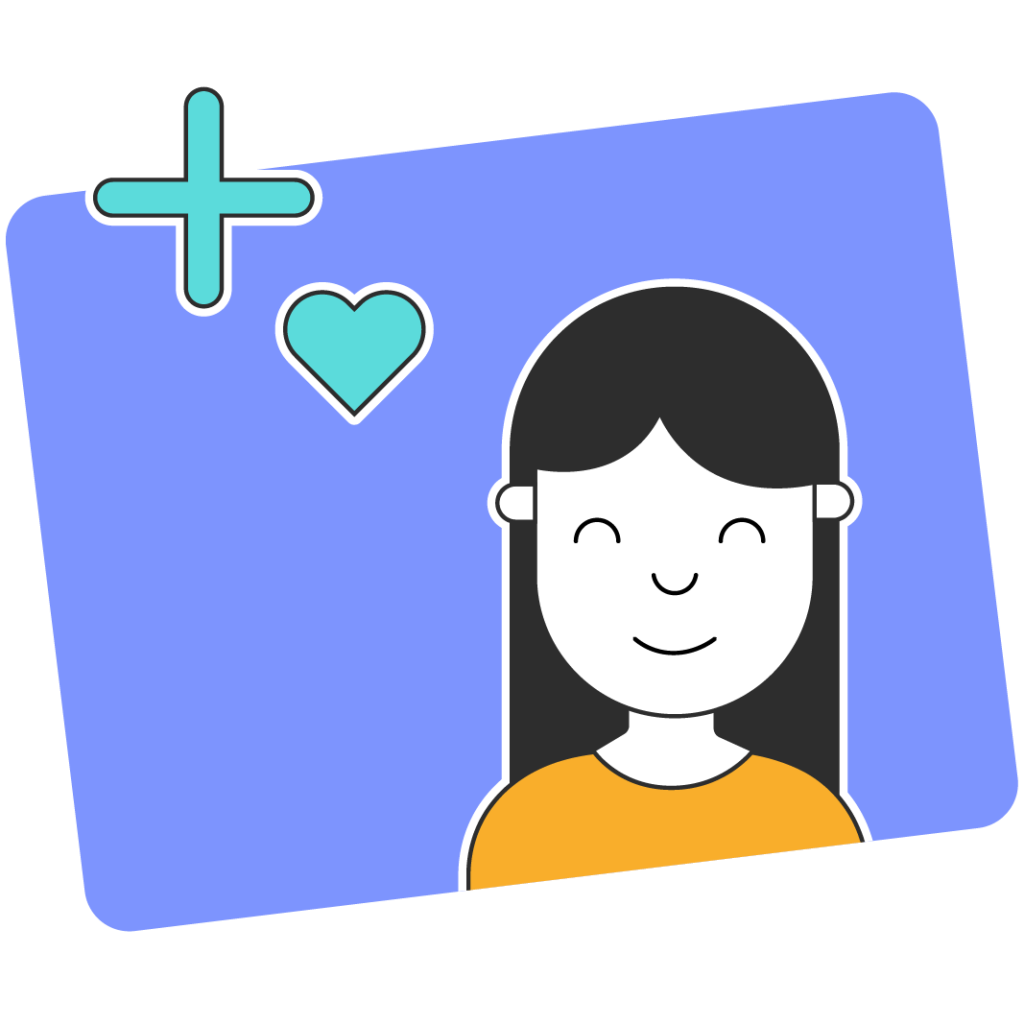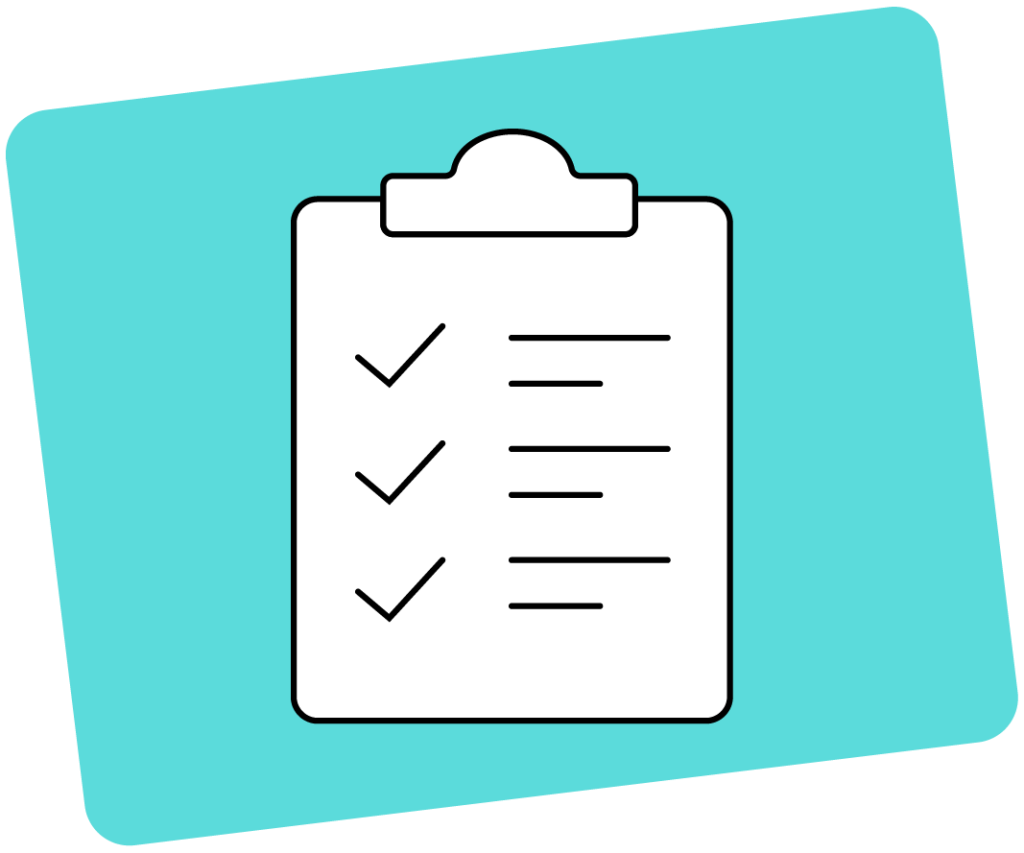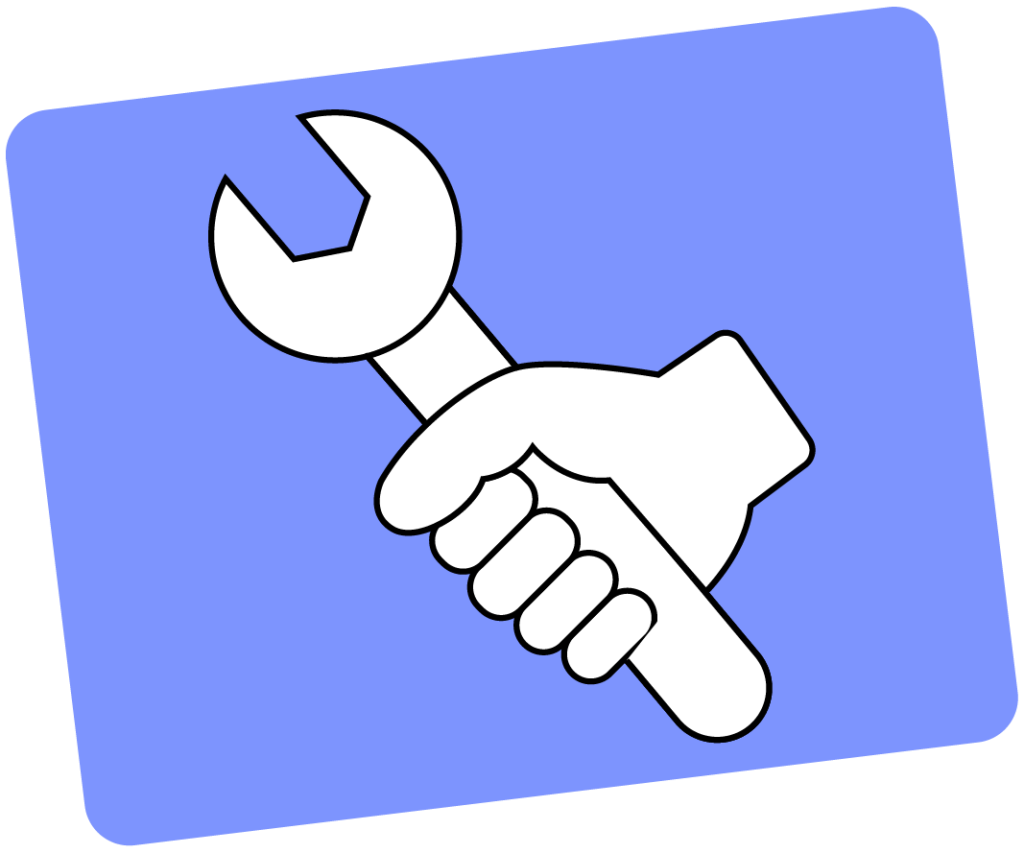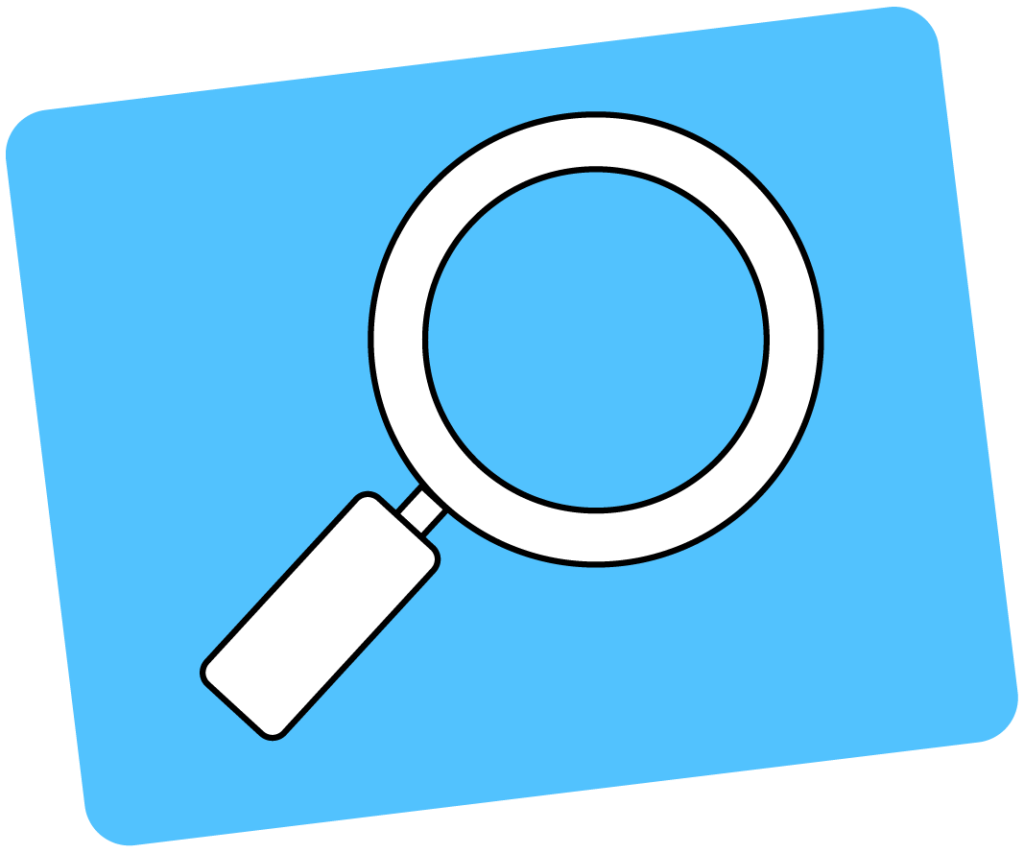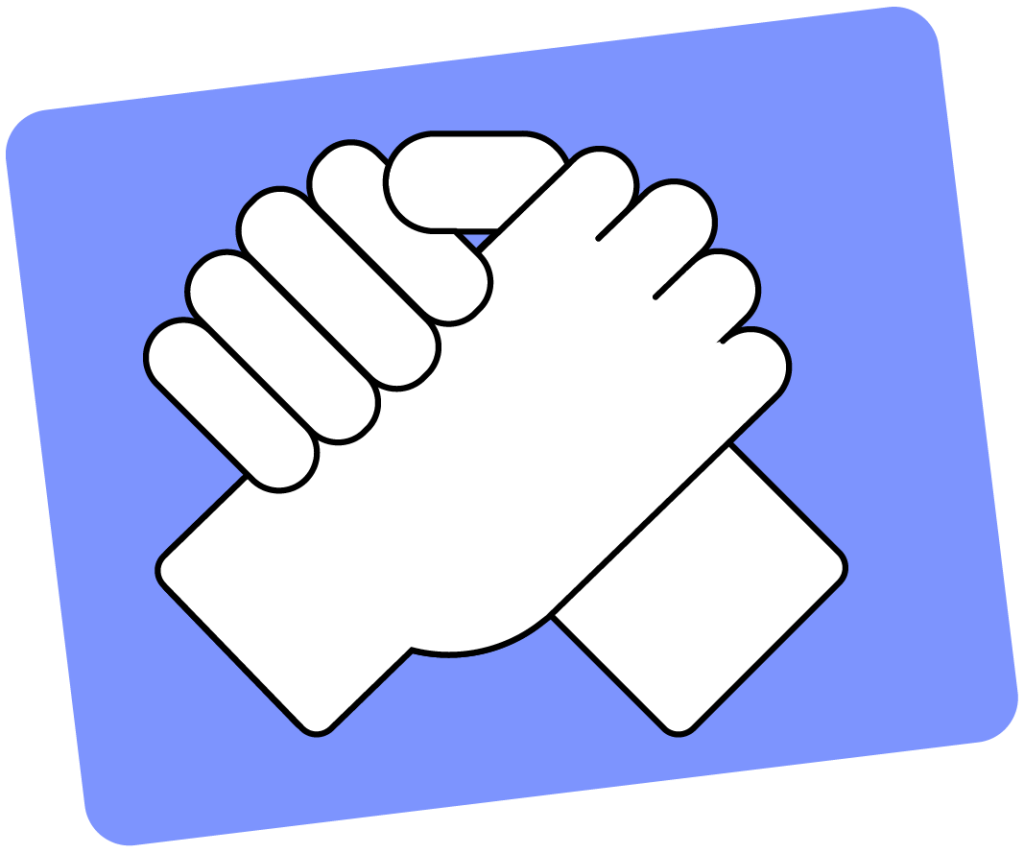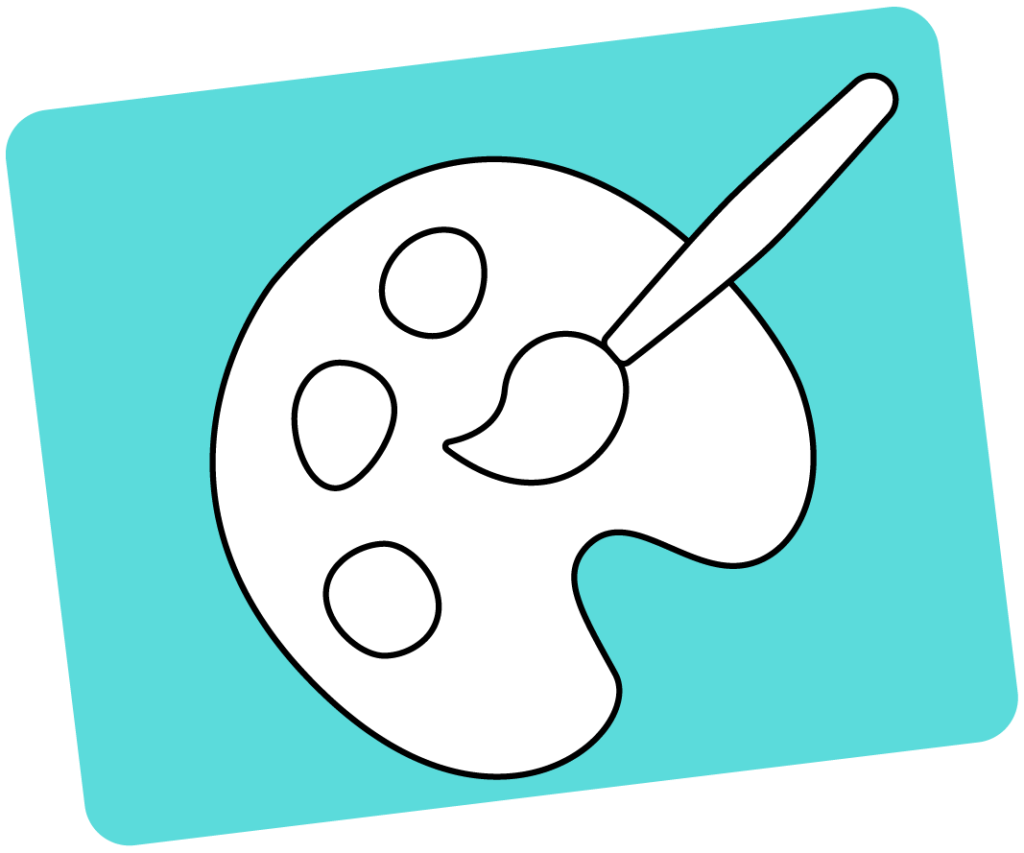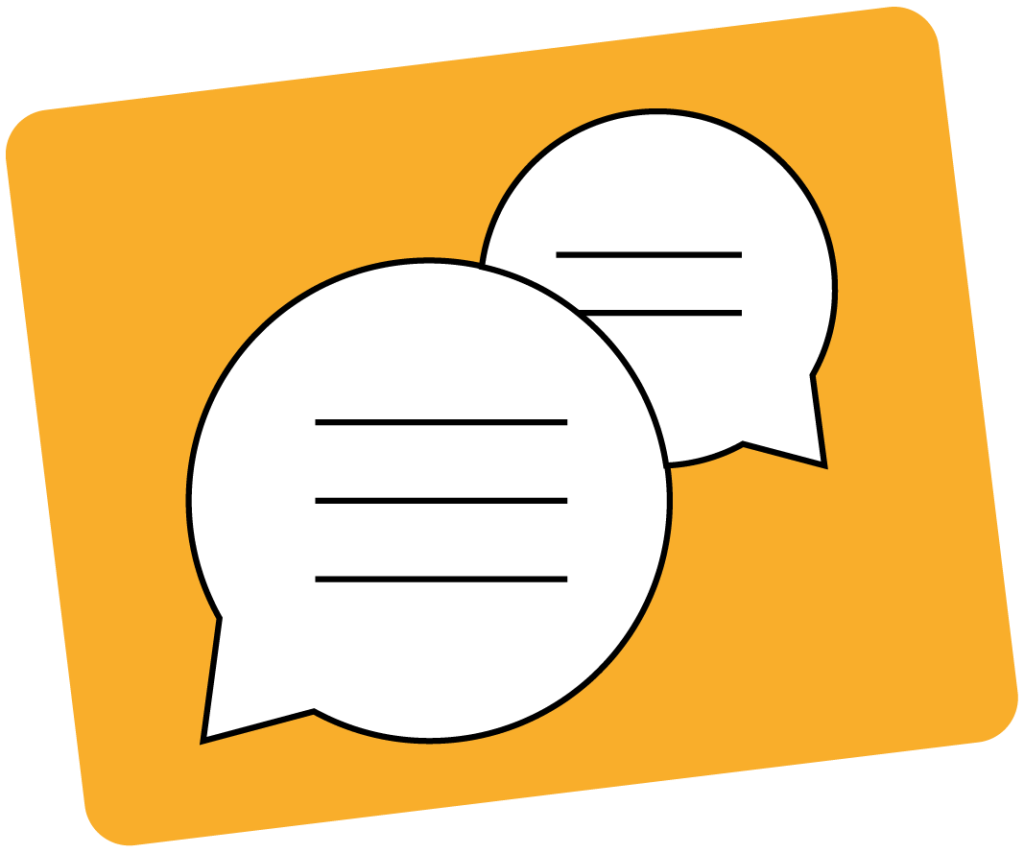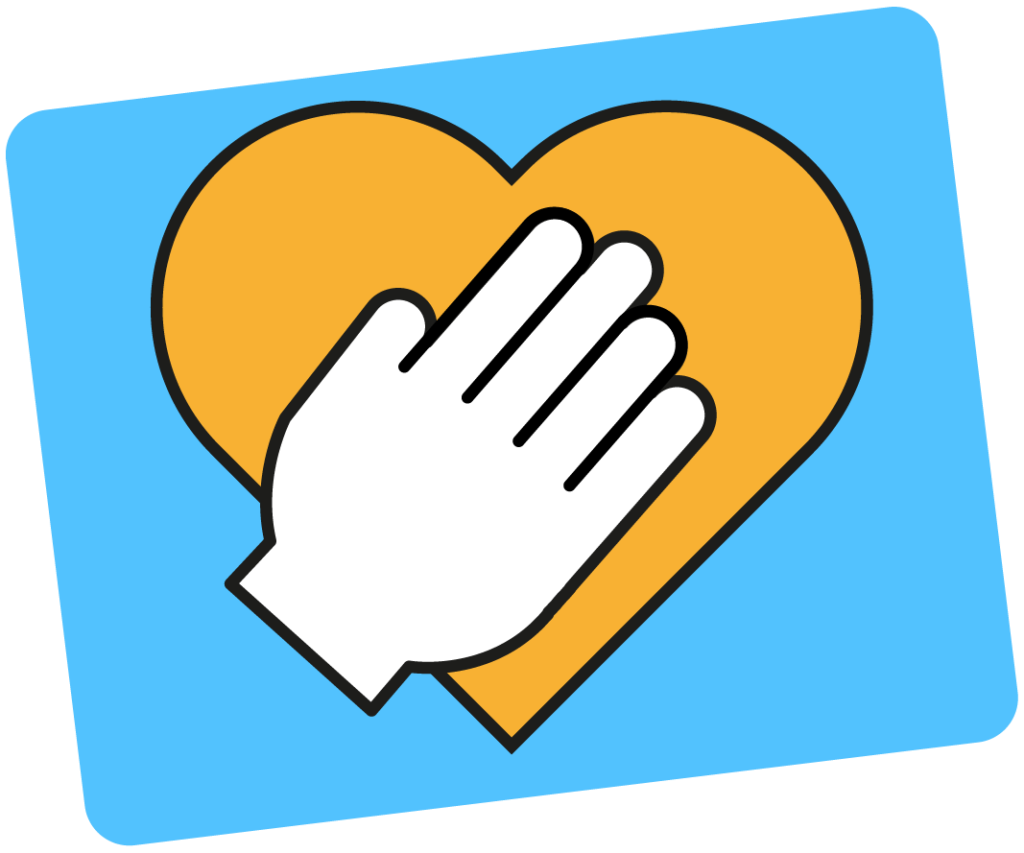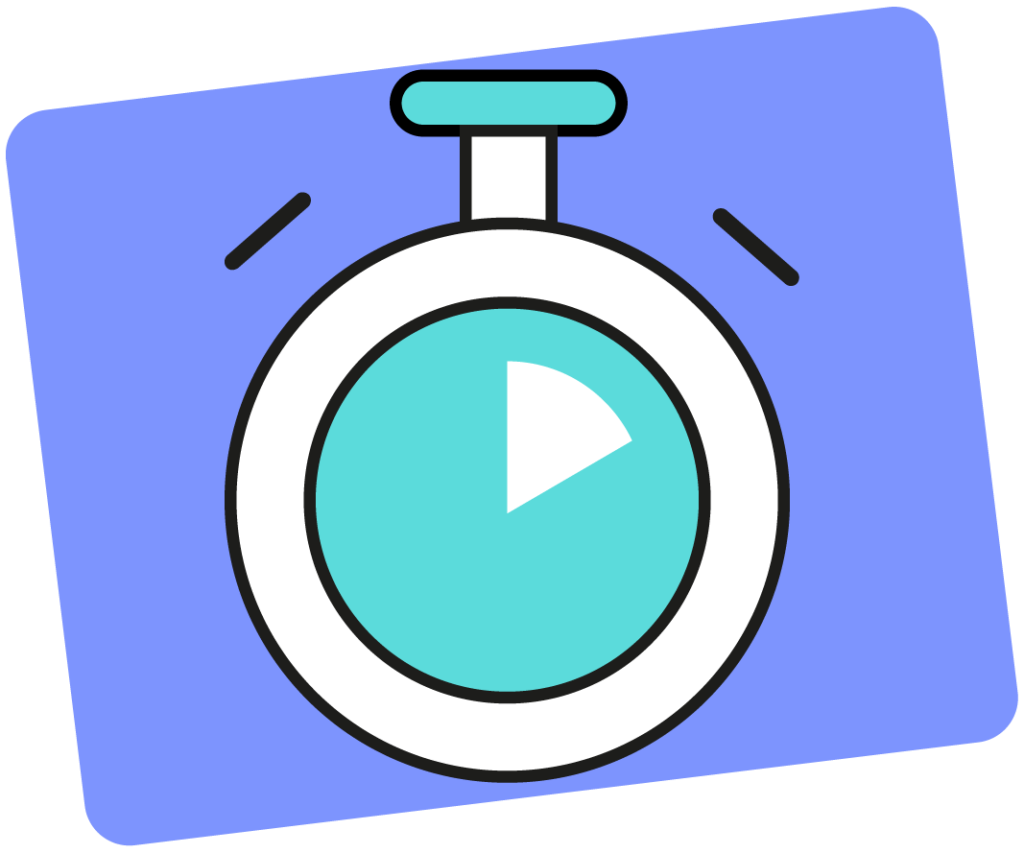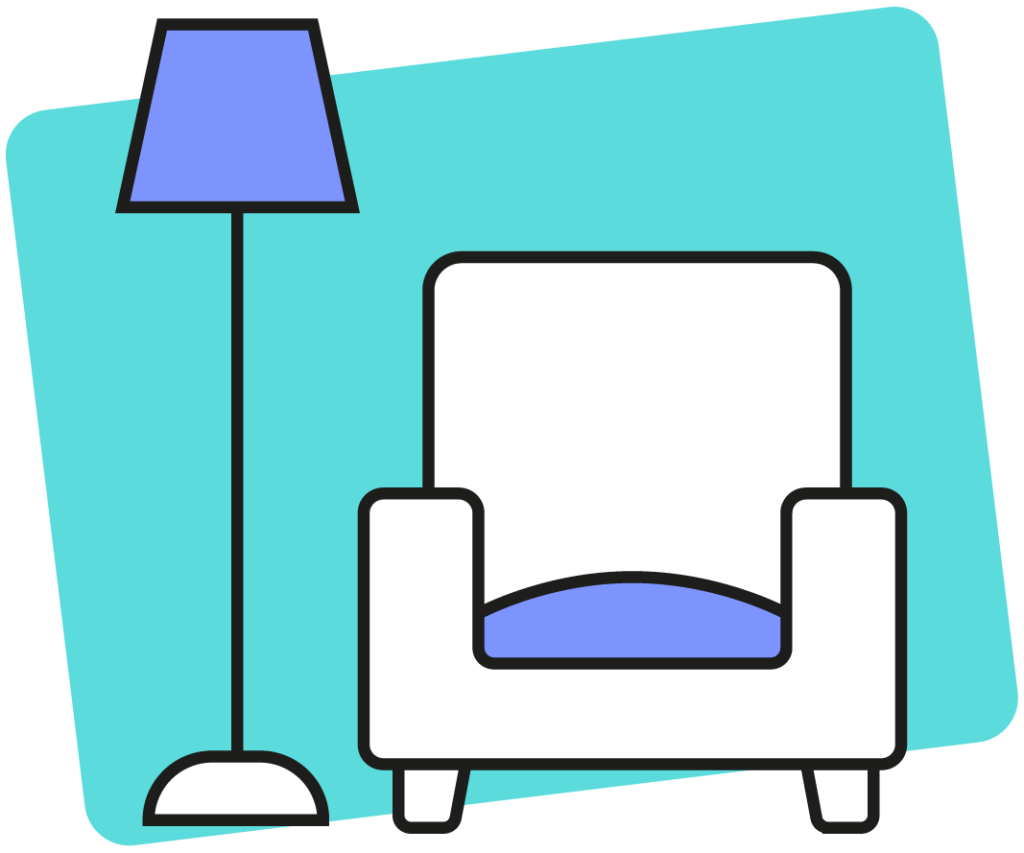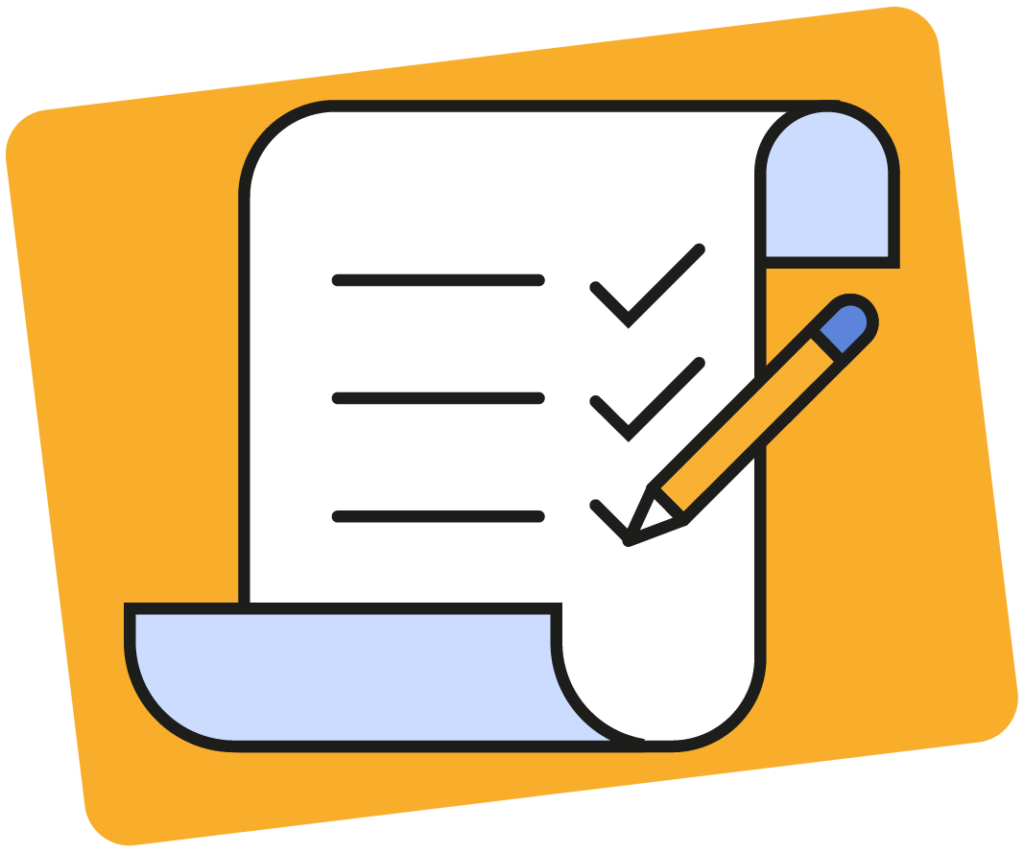What is a career test and what is it for?
A career test is a tool designed to help you uncover your interests, skills, and personality traits to pinpoint the profession or work field that suits you best. First, this assessment evaluates aspects like your motivation, behavior, and preferences. Therefore, it empowers you to make well-informed decisions about your professional future. Additionally, by taking a career test, you can identify an occupation where you feel fulfilled and that propels you toward success.
So, how does it work exactly? Essentially, a career test analyzes your responses to provide a clear view of the options that align with your profile. For instance, if you enjoy problem-solving, you might lean toward technical or scientific careers. In short, this tool serves as a vital starting point for those seeking vocational guidance.

How to take a career test to decide what to study?
To get meaningful results from a career test, you first need to reflect on your interests, abilities, and motivations. Therefore, before beginning, take a moment to consider what you genuinely enjoy doing. For example, the well-known “Chaside Interest and Aptitude Test” is a popular choice that thoroughly assesses these areas. Moreover, answering honestly is crucial, as truthful responses ensure accurate outcomes.
Likewise, some career tests include questions about your knowledge level to recommend an appropriate educational path. Thus, we suggest taking it in a quiet, distraction-free space. As a result, you’ll focus better and gain clear guidance on what to study. Finally, once you complete the career test, review the results calmly to see how they align with your goals.
Key features evaluated by a career test
A career test considers multiple factors to determine your ideal professional path. Firstly, it assesses your motivation, behavior, interests, and personality. However, it doesn’t stop there. It also evaluates your skills, strengths, preferences, and attitudes. For example, a more personalized career test, such as one conducted via video call with a professional, might incorporate external factors like your social environment, education level, and culture.
Furthermore, this type of assessment often includes questions about your commitment and long-term goals. Consequently, the results not only highlight career options but also your potential for success in them. In summary, a career test offers a comprehensive view of who you are and what you can achieve.
Why should you take a career test?
Taking a career test offers numerous benefits. First, it helps you make informed decisions about your future. Additionally, it allows you to better understand your strengths and areas of interest. For instance, if you’re unsure about what to study, this tool can clarify your doubts by objectively evaluating your profile. Similarly, by gauging your knowledge level, you’ll know what education you need to begin.
As a result, a career test gives you an early advantage in reaching your full potential. On the other hand, it also reduces uncertainty by exploring options you might not have considered. Ultimately, it’s a worthwhile investment in yourself.
Does a career test define your professional profile?
Yes, absolutely. A career test provides a clear picture of your professional profile by analyzing your interests, skills, and motivations. By answering questions about your personality and environment, you receive a result that reflects who you are in the workplace. Additionally, this evaluation helps you understand how you fit into different roles or industries.
For example, if you excel in creativity, the career test might suggest artistic or design-related fields. On the other hand, if you prefer structure and logic, it may point you toward engineering. Therefore, by answering honestly, the career test becomes a reflection of your professional potential.
What are strengths and weaknesses?
Strengths and weaknesses in a career test refer to the positive and negative traits evaluated to determine if someone is suited for a specific profession.
Firstly, strengths are your positive abilities, such as communication, teamwork, or creativity. On the other hand, weaknesses are areas where you might need improvement, like organization or patience. Therefore, this assessment helps you identify both aspects to see if you’re a good fit for a particular career.
Moreover, knowing your strengths boosts your confidence, while understanding your weaknesses allows you to work on them. Consequently, a career test not only guides you but also prepares you for professional growth.

Practical tips for taking a career test
To make the most of a career test, be honest and thoughtful. First, answer each question sincerely, as falsifying responses can distort the results. Take your time—there’s no need to rush. Some questions may be straightforward, while others might explore your emotions or goals, so providing clear and genuine answers is essential.
Additionally, take the test in a calm environment to stay focused. Finally, review the results with an open mind. By approaching the test carefully, you ensure more accurate guidance for your future.
Tips for choosing your career using career tests
Choosing a career becomes easier with a career test. First, list your interests and skills. Then, research how they align with different professions. For example, if you enjoy math, you might explore careers in engineering or finance. Additionally, consider factors such as job market trends, salaries, and academic requirements.
However, if you’re still uncertain, a career test can give you the guidance you need. Pair it with personal reflection and thorough research for the best results. In short, this tool helps you make an informed decision that aligns with your passions.
Advantages of studying a career
Studying for a career offers countless benefits. First, you gain specialized knowledge for your future job while developing essential skills like leadership and teamwork. Additionally, earning a degree opens doors to better opportunities.
Moreover, pursuing a career helps you build a valuable professional network. It also fosters critical thinking and independence, preparing you to tackle workplace challenges with confidence.
Finally, studying what you love—guided by a career test—can lead to a fulfilling and successful professional life.
The most popular career tests
There are several widely used vocational tests. For instance, the Skills and Aptitude Test (SAT), Vocational Interest Test (VIT), and Personality Test (PT) are among the most recognized. Additionally, the Motivation and Values Test (MVT) assesses what drives you. Each of these offers a unique approach to career guidance.
We recommend our M.M. and M.G. Career Test, which evaluates your strengths, weaknesses, and preferences to suggest personalized career options. Ultimately, choosing the right test depends on your needs and goals.

If you’d like to learn more about how the M.M. and M.G. Career Test works, check out our article: Career aptitude test – M.G & M.M. There, you’ll find detailed insights into how this tool can help guide you toward your ideal career.
Key factors for choosing a university career
When choosing a career, consider several factors. Start by evaluating your interests and skills. Then, analyze the required education level and job market demand. Also, take into account costs, future prospects, and admission requirements. Additionally, the university’s location can be an important factor.
A career test can help complement this reflection. Finally, making a pros-and-cons list can support a well-informed and thoughtful decision.
Top Benefits of Pursuing a Professional Career
The key benefits of pursuing a professional career include:
- Enhancing logical reasoning and independent thinking.
- Acquiring specialized knowledge and skills for your future job.
- Gaining an academic background that opens up diverse job opportunities.
- Developing leadership and teamwork abilities.
- Building a professional network to support job searches.
- Earning the necessary degree for certain roles.
- Strengthening critical thinking skills.
What to consider when deciding what to study
When making an important decision like choosing a career, several key factors come into play. First, weigh the pros and cons of each option by analyzing costs, benefits, and long-term outcomes. Additionally, consider how your choice may affect those around you, such as family and friends. Lastly, don’t overlook your personal feelings, as emotional satisfaction is essential.
To decide what to study, start by understanding your interests, skills, and personality. For example, list the subjects you’re passionate about and take a vocational test to explore your preferences. Then, talk to friends, family, or professionals, and research entry requirements, salaries, and job opportunities. This approach will help you make a confident, well-informed decision.
Exploring the variety of available careers
The world offers a vast array of careers. On one hand, technical fields include mechanics, accounting, nursing, and carpentry. On the other hand, academic careers encompass business administration, law, engineering, and medicine. Additionally, there are scientific options (biology, chemistry), artistic paths (music, design), educational roles (teaching), and humanistic fields (history, philosophy).
Some of the highest-paying careers include medicine, engineering, computer science, finance, and software development. Likewise, professions like doctors, teachers, programmers, and psychologists remain in demand, as their skills are resistant to automation.
Career test: discovering new careers
In our recent updates to the career test, we have identified emerging careers that meet today’s demands. For example, fields like software engineering, data analysis, artificial intelligence, and robotics are booming. Additionally, areas such as biotechnology, regenerative medicine, and environmental sciences are gaining traction.
As a result, we’ve categorized careers into several groups: technical (e.g., accounting), academic (e.g., law), scientific (e.g., physics), artistic (e.g., theater), educational (e.g., special education), and humanistic (e.g., literature). This updated career test will help you explore these options and find the best fit for you.
The power of career tests
In summary, a vocational test is a powerful tool for discovering your professional path. Therefore, it encourages you to explore your passions and skills in a structured way. Moreover, it equips you to make informed decisions that shape your future. So, if you’re at a crossroads, don’t hesitate to use it. Ultimately, it’s the first step toward a career that brings you happiness and success.
